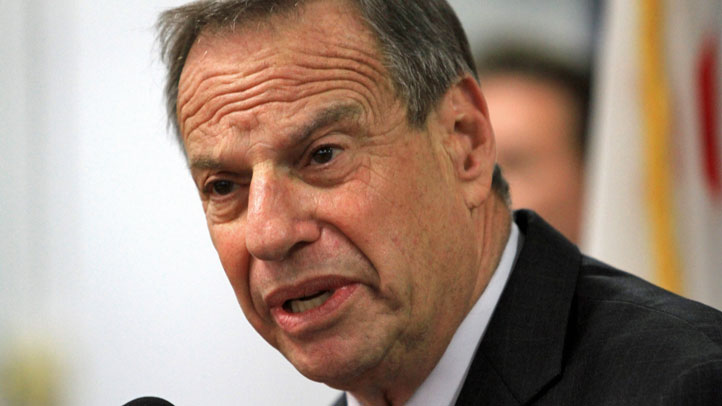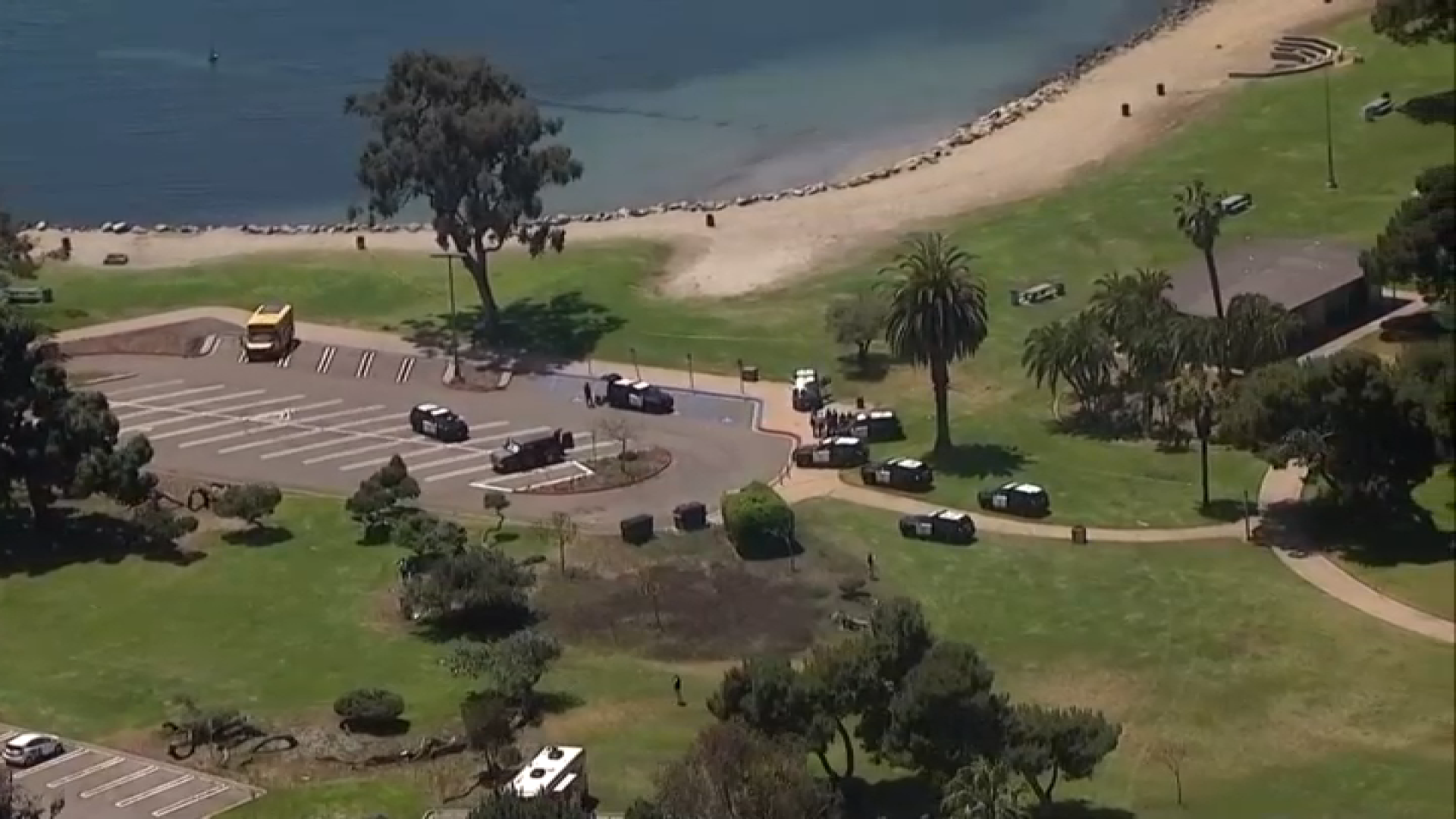Biviana Lagunas, a full-time San Diego State University student with a part-time job, is asking for the mayor's help.
“We're short every single month on the rent. That's why I have a job... to pay for my education,” she said.
A typical day for Lagunas starts at 5:30 a.m. and ends at midnight. She works seven hours, attends class for five hours and then goes home where she’ll work on homework until she goes to sleep.
She believes an increase in the city's minimum wage would really help her family. Describing how her mother struggles brings her to tears.
“I don’t think my mother working full time should live in poverty,” said Lagunas.
Lagunas was among dozens of San Diegans who were joined by interfaith leaders outside City Hall Tuesday.
They carried roses and bread - symbolic gifts - to Mayor Kevin Faulconer's office to ask that he sign the minimum wage increase recently approved by the City Council.
Faulconer was unavailable so the delegation spoke to his chief of staff instead.
Local
The City Council voted last week to increase the hourly minimum wage to $9.75 on January 1, 2015 and then to $10.50 in 2016 and $11.50 in 2017.
The ordinance requires a second reading before it is officially adopted. Faulconer, who opposes the measure, will then have 10 days to sign or veto the ordinance.
The delegation presented a check made out to the mayor, for $1560 per month with a message on the memo line, “Can you live on this?"
“Maybe if he pay everybody a livable wage, somebody can come live next to him,” Marcus Nichols said.
Nichols told NBC 7 he lives in his car right now despite holding down two jobs. He said he’s considering picking up a third job.
“If they really care about the citizens as he says he does, he would raise the minimum wage to a living standard,” Nichols said about Mayor Faulconer.
As the first person in her family to graduate high school, Lagunas said she’s attending SDSU to better herself and have a higher income earning potential.
“My mom has to go to work sick. My 18-year-old sister has to take care of my 4-year-old brother when he's sick because my mom can't miss a day of work,” she said. “I'm just asking Mayor Faulconer to not take this away from me and sign the ordinance.”
Peter Brownell, Ph.D. Research Director at the Center on Policy Initiatives said raising the minimum wage helps all workers, not just those in entry-level jobs.
The increase would put additional money into the pocket of low-wage earners will stimulate the economy and help parents of children living in poverty or with unmet needs, he said.
“What kind of San Diego do we want to see now and in the future?” Brownell asks.
The mayor and other critics of the ordinance have said a wage increase could cost jobs as businesses let workers go to make up for increased salaries.
Other small business owners say a minimum wage above the state minimum wage will pressure other businesses to give raises to their better-paid workers as well. So other workers will soon be expecting a bump in salaries, they said.
Opponents also warn of higher costs for consumers.



